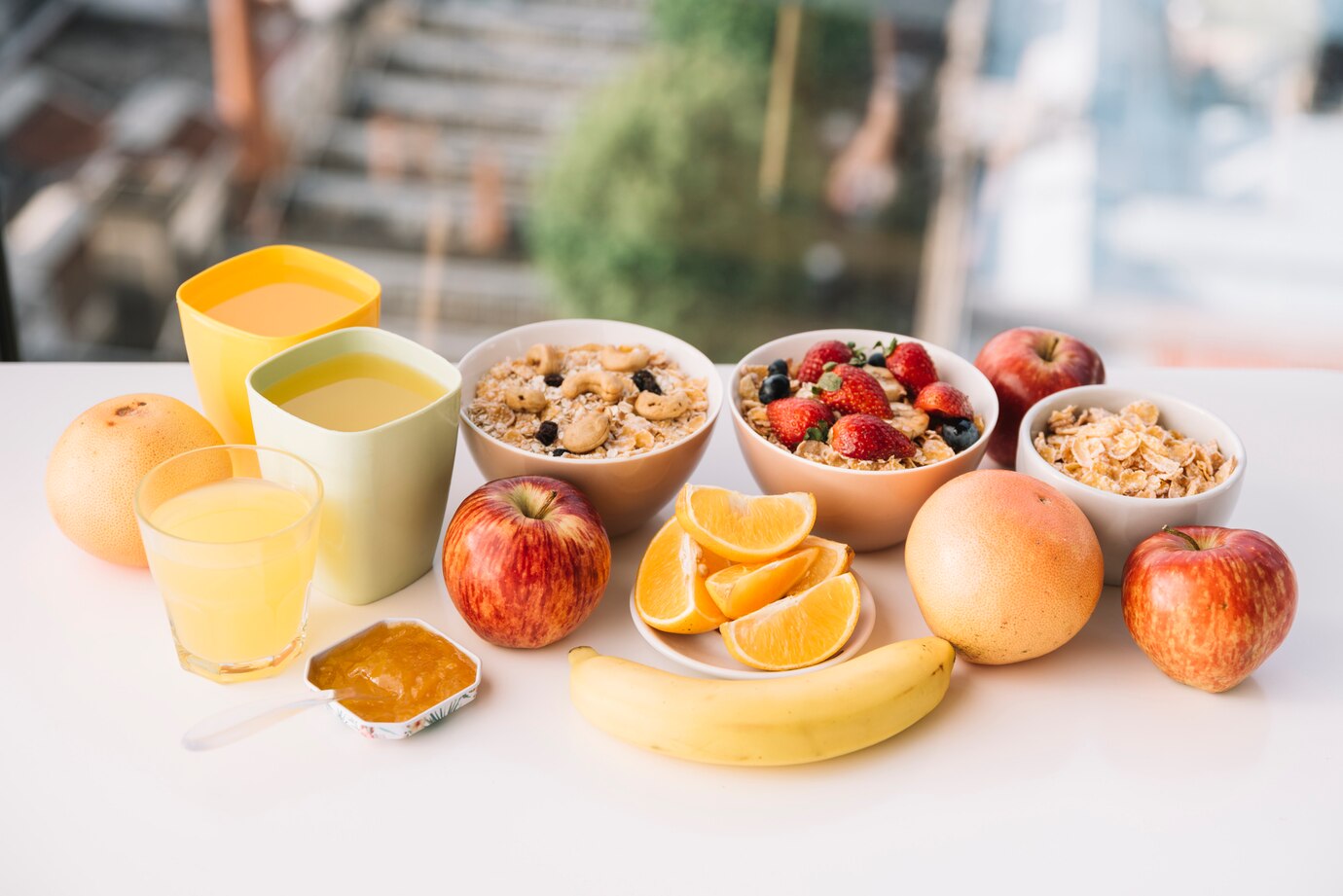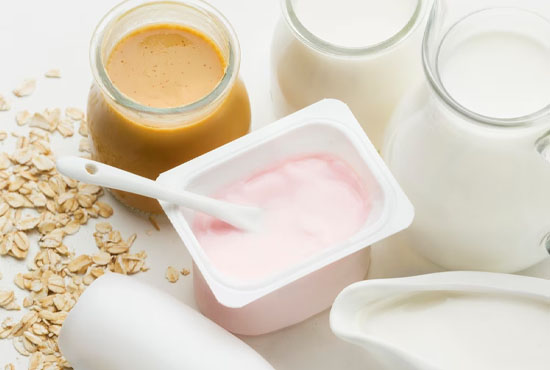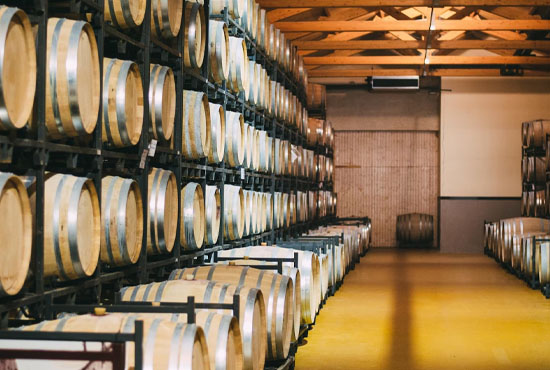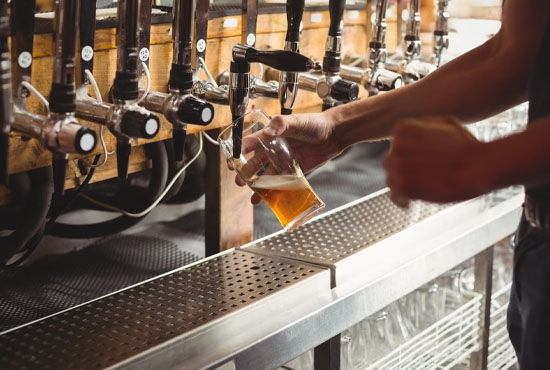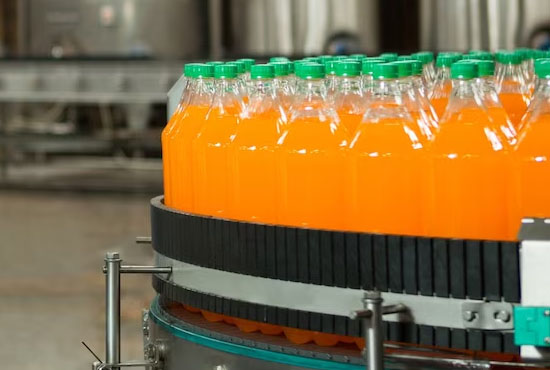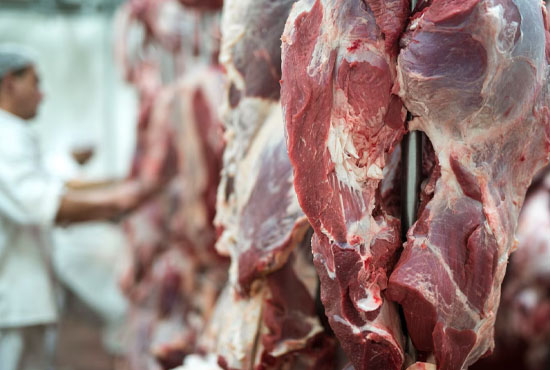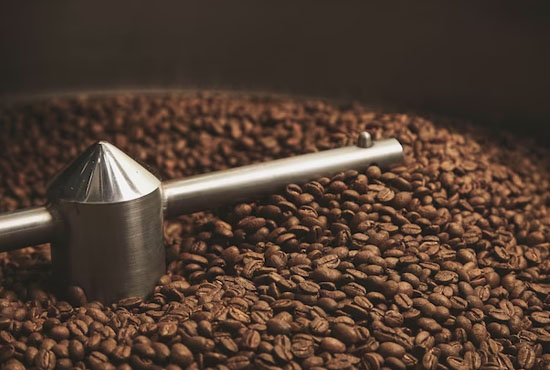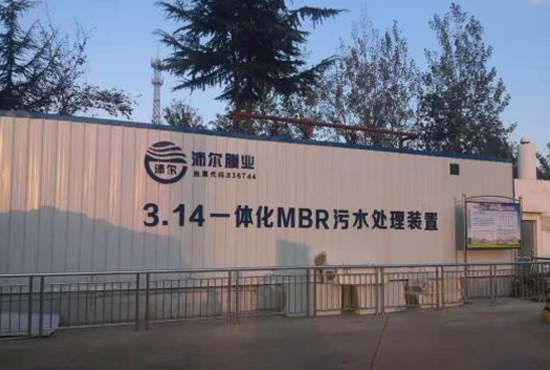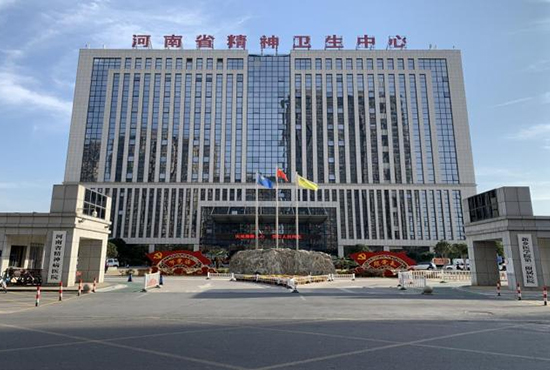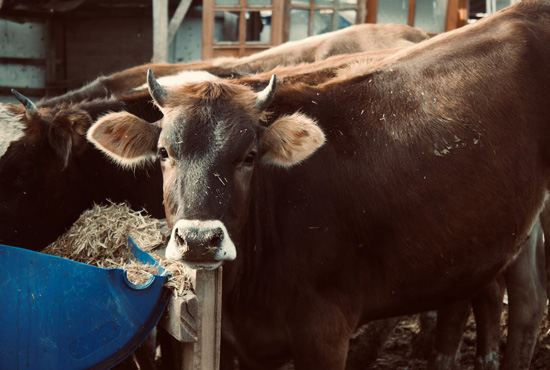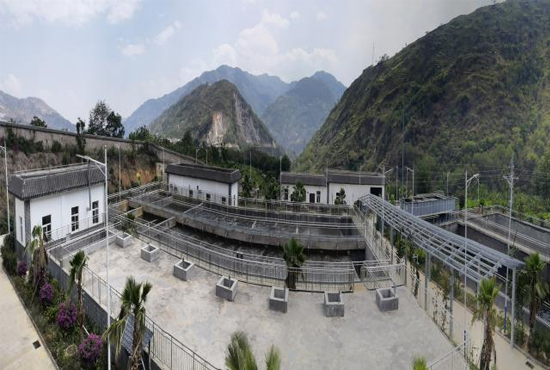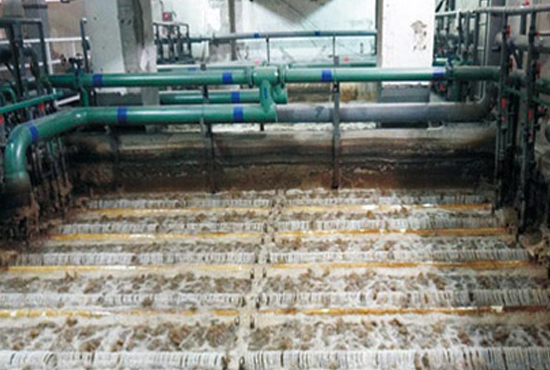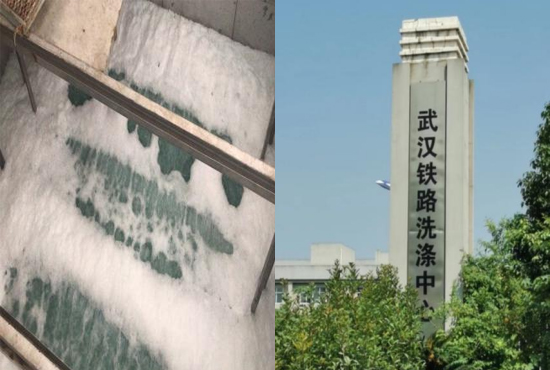Food & Beverage waste water treatment
The food and beverage industry plays a critical role in the global economy and human well-being. It directly influences public health through the nutritional quality of products, shaping dietary habits and lifestyle choices. This sector also significantly impacts environmental sustainability, from resource use in agriculture and production processes to waste generation and greenhouse gas emissions.
The food & beverage industry grapples with diverse contaminants, high wastewater volumes, and stringent environmental discharge regulations.
Here we list the problems for waste water treatment in food & beverage.
